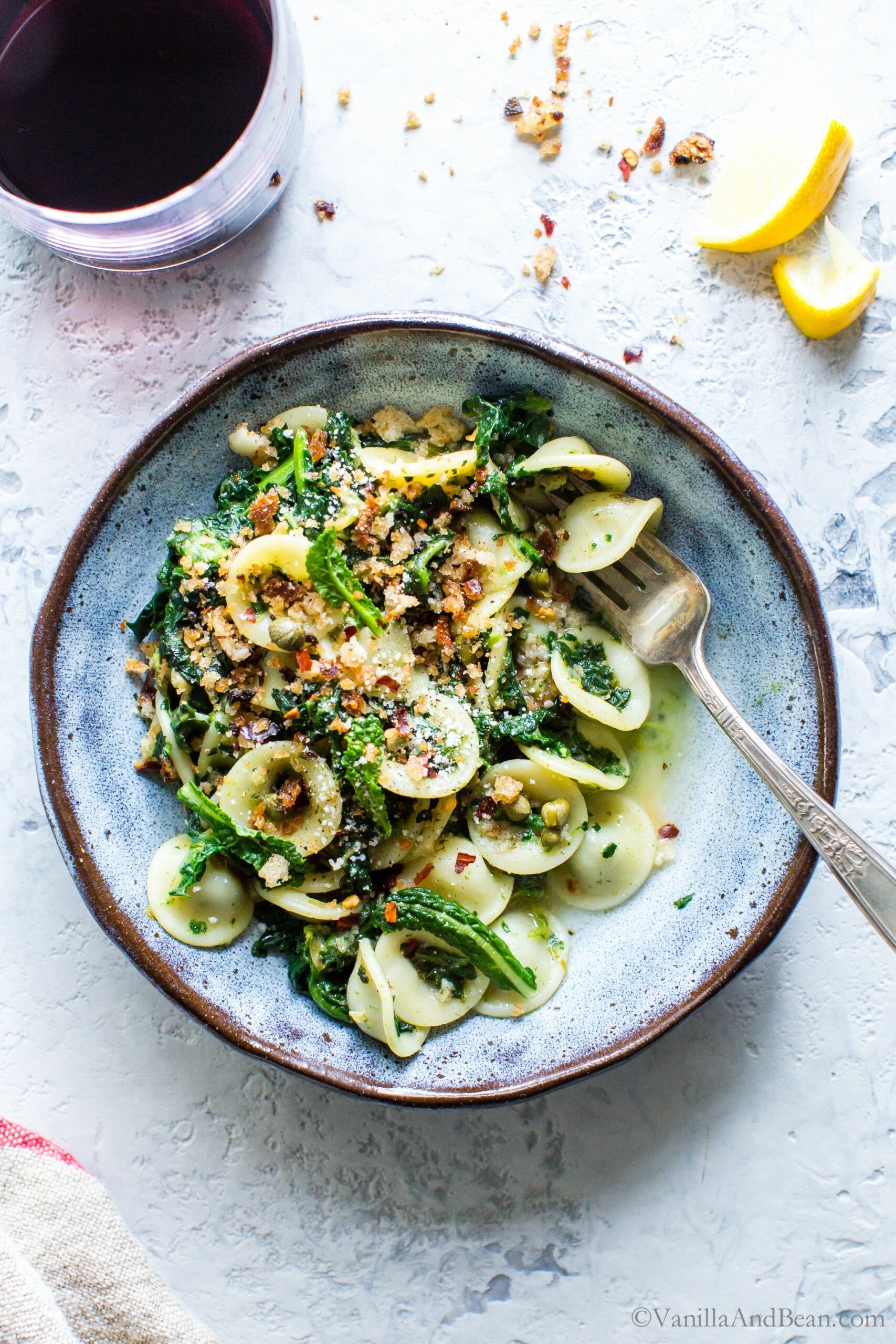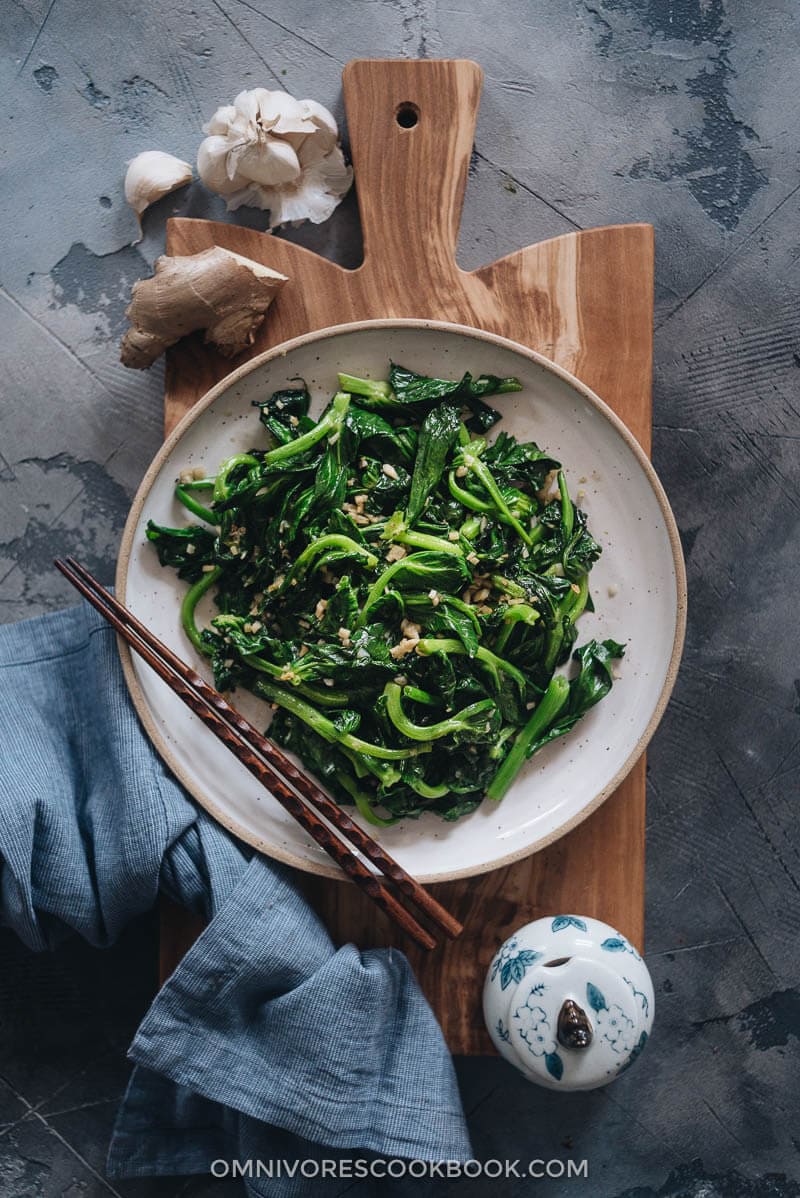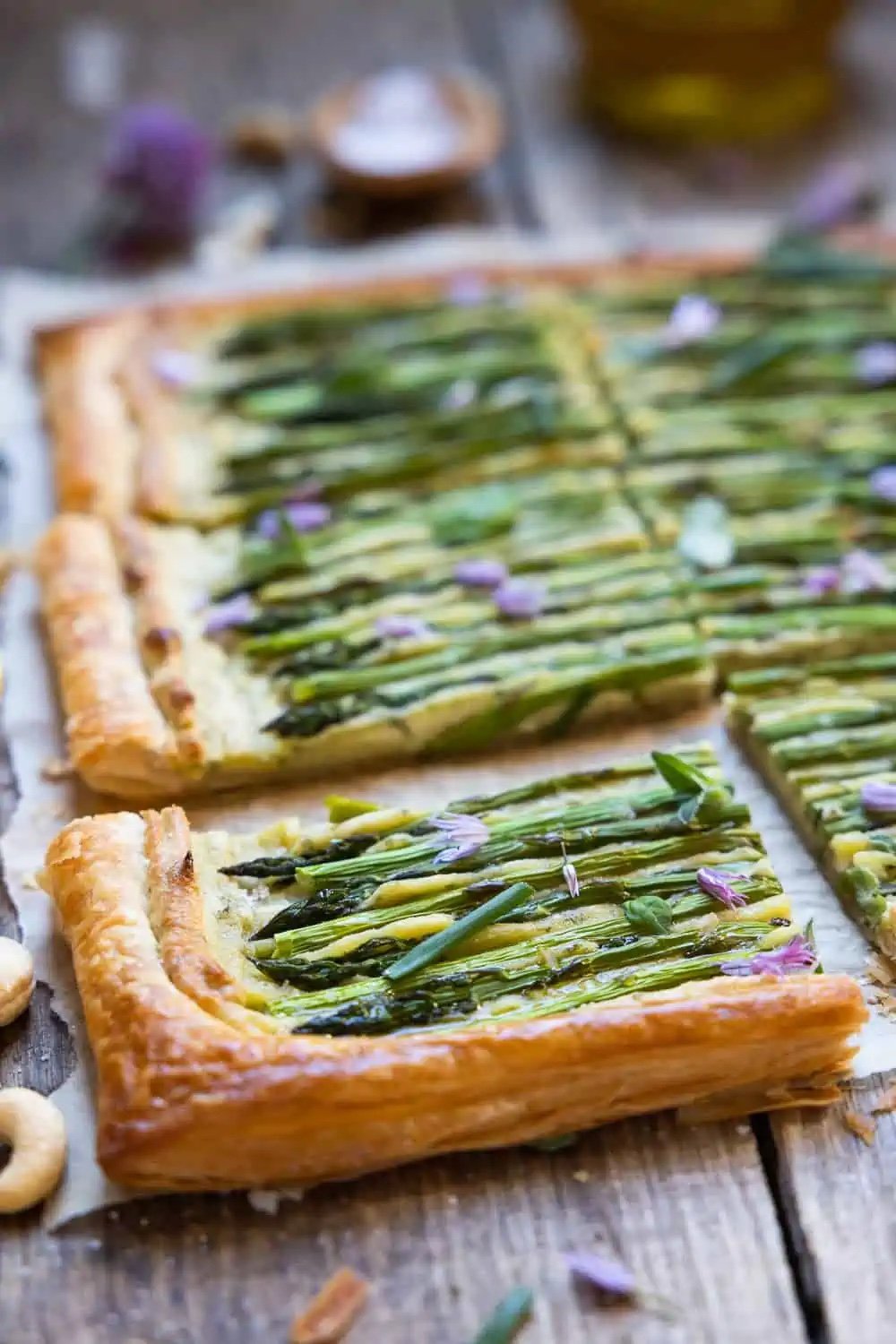Last weekend, I was fortunate enough to see Jessica Chastain perform the role of Nora in A Doll’s House.
She was incredible, and the production is stylish and powerful. The ending, in particular, is staged in a remarkable way.
It was quite something to watch Nora’s evolution of reactions—first horror, then understanding, and finally, conviction—as she comes to realize that her seemingly comfortable middle class life has in fact functioned as a cage.
This particular production encourages the audience to remain aware of how timely Ibsen’s play remains. It’s spare, with minimal props and set design. The clothing is hard to place in time: it doesn’t appear contemporary, exactly, but it doesn’t look like period costume, either.
At the start of the play, the year—1879—is projected above the stage. Were it not for that reminder, it would be easy to forget that A Doll’s House takes place at the end of the nineteenth century.
I hadn’t read or even thought about A Doll’s House in a long time. My memory of the play is that it’s all about gender, marriage, and patriarchy.
This time, I was struck by the play’s broader and more fundamental significance. Marriage, and especially the legal and economic constraints of marriage in the late nineteenth century, is at the center of the plot.
But in many ways A Doll’s House is about an even broader and more universal human experience: disillusionment, awakening, and getting free.
“Getting free” is a phrase that makes me think of this quote from Ram Dass:
“I would say that the thrust of my life has been initially about getting free, and then realizing that my freedom is not independent of everybody else.”
Ram Dass also said—thought-provokingly, I think—that,
“If you think you’re free, there’s no escape possible.”
Since last Saturday when I saw the play, I’ve been thinking about disillusionment. Specifically, I’m thinking about all of the questioning of belief that it’s taken for me to make changes in my own life.
Some years ago, I became deeply, deeply unhappy.
I was also depressed, which is different from unhappy, although it was then, and sometimes still can be, difficult to tell the two apart.
Had you asked me at the time, I’d have told you that there was nothing I could do about the unhappiness. The circumstances that had created it couldn’t be changed, I thought.
I also assumed that there was nothing I could do about the depression. It was part of my inherent and inherited makeup, I reasoned, and it would probably never change.
I see things differently now. Not oppositionally, just differently.
I was coping with some circumstances that couldn’t be changed back then, and they were undoubtedly contributing to my pain. Depression is a part of my life, and maybe it’s also a part of me.
But I was so low at that point that I couldn’t see what could be changed.
For example, I didn’t realize that my living circumstances, location, routine, and habits were all contributing to the depth of my unhappiness. These are things that I could, and ultimately did, change.
Depression isn’t something I signed up for, but I’ve learned that I have some say about how I manage it.
Having a flexible routine, interpersonal connection and a robust social life, routinely experiencing art and culture, practicing yoga, sleeping, eating food that I enjoy, finding the sweet spot between busy and overwhelmed: every single one of these practices contributes directly to my health. They allow me to go longer between depressive episodes, and they alleviate a spell of depression if it arrives.
There are things I’ve managed poorly in the last six months. I’ve fallen victim to my continual tendency to overcommit, and I need to be more realistic about planning and managing my time. I’ve had many learning experiences in my job.
Yet the thing I’m proud of is that I’m becoming a lot better at identifying what I can and must change in order to be happier and healthier.
I haven’t allowed myself to become paralyzed by dark or unhappy moments. I’ve accepted them while also asking myself what I can do to feel better.
In the past week, I’ve felt some familiar, unsettling waves of lowness and heaviness.
I’ve done what I can to mitigate it. I had good plans to look forward to, good food in the fridge, time set aside for yoga.
On Thursday, I even allowed myself an afternoon off from work. I devoted it to rest, a longer-than-usual yoga class, and quick catch up with a friend.
Sometimes, there’s only so much we can do. On the way home that night, I still felt so undeniably and incredibly sad.
I wanted to burst into tears on the train, to hug my mom, to curl up on my bed. I wanted to hide. I wanted someone to tell me that everything would be OK, was already OK.
In the end, I told myself that everything would be OK, because I knew that the person I most needed to hear it from was me.
I came home. I had dinner. I texted my best friend to say hi, without getting into everything—I didn’t want to talk about it. And I went to bed early.
The week carried on, and I feel better now.
Life is such an interesting dance of learning to accept what we can’t change and to change what we can’t accept; between taking responsibility for our lives and welcoming the plan that life has for us; between getting free and realizing where we’re still stuck.
I keep trying to cultivate the famous wisdom that it takes to know the difference.
I’m wishing you a wise week, too.
Happy Sunday, friends. Here are some recipes and reads.
Recipes
Orecchiette might be my favorite pasta shape, and I love Traci’s version with garlicky kale and breadcrumbs.
Pea shoots are in season, and Maggie’s stir-fry is a simple, flavorful way to prepare them.
Maša’s vegan asparagus tart is so pretty.
I’ve got Erin’s tofu tacos bookmarked for a weeknight dinner soon.
Anthea’s almond cookies are just perfect.
Reads
1. A week after Greek Easter, I’m touched by this story about Kat Zam, who’s found kinship and renewed cultural identity through her online community.
2. ARFID, which stands for avoidant/restrictive food intake disorder, is difficult to address and still very incompletely understood by professionals.
To make matters more complicated, ARFID can often intersect with orthorexia, which is an especially difficult eating disorder to treat because it so often escapes scrutiny.
I think that eating disorder professionals are at the very start of knowing how best to serve our clients with ARFID, but I’m glad that awareness is growing.
This Buzzfeed article introduces some of the symptoms, if you’re curious to learn more.
3. Foster care as psychiatric care: I was so interested in this New York Times article, which describes how people in the Belgian town of Geel take community members with psychiatric illnesses into their homes.
4. The article that made me cry this week: some images from Amanda Jones’ ‘The Dog Years Project.’
Jones, a photographer, captures dogs at different stages of their lives. The images are so touching.
5. Finally, something to remember.
Hey, a weekend reading post! It feels good to write a whole one after a couple weeks of brief check-ins.
Have a wonderful, gentle rest of your Sunday.
xo
You might also like
I came across a snippet from an interview with the playwright Tracy Letts this week. In it, Letts shared a candid account of what his life as a writer has looked like in quarantine. It’s candid, a little sad, and very relatable. He says, I’ve made nothing. On four separate occasions, I arranged my schedule with [my wife] Carrie so I could have six uninterrupted hours a day to write. All four times, I emerged from my office after two or three weeks,…
On Friday, I looked up the Merriam-Webster definition of the word “grace.” The word has many meanings, and I think that I was fortunate enough to experience most of them in the past week. I received grace, the quality or state of being considerate or thoughtful, from dear friends who helped me when some painful memories unexpectedly surfaced. I experienced grace, a reprieve or temporary exemption, when the suffering I experienced as a result of those memories abated more quickly, and with more…
It’s been an unusually hectic week around here, the first in a long time that had me running around without a pause. That kind of pace was much more of a norm for me a few years ago, right before and during my post-bacc, and it’s something I took conscious steps to disentangle myself from when my anxiety got really bad. I’m glad I’ve distanced myself from that particular craziness, but life is life, and chaotic spells are inevitable. I do my best…
Greetings from Austin! This final VVC has been a bittersweet journey so far — full of good food and good friends (as always), but tinged with the knowledge that it’s the last conference of its kind. I’m hopeful that something a lot like it will emerge before too long. In the meantime, I’ve had a wonderful time attending panels. Big themes this year have been feminism, social media/marketing, and how the vegan community deals with health information and the phenomenon of ex-vegans. Ginny…







Leave a Comment
I adore you, Gena. I have followed you for over 10 years and have felt so sustained by your insights and your beautiful writing. I changed careers, did a post bacc and became a doctor of physical therapy because you inspired me. Thank you for all the light you shine in the world just by being yourself. xo
I so appreciate your vulnerability about the ways depression can show up. As a fellow human prone to low mood, you’re spot on with how you describe the balance of acceptance and action, and our lifelong learning of how and when to do each. Thanks for being honest and open about your journey.
I love your weekend readings. You write so well and your ability to share is impressive. I always thinking learn something new about myself from you. Thanks so much!
I rally appreciate this post, Gena. I’m in a time of difficult transition, feeling a lot of grief and loss, which is making everything more poignant. Your words really touched me. Thank you for all that you share here.